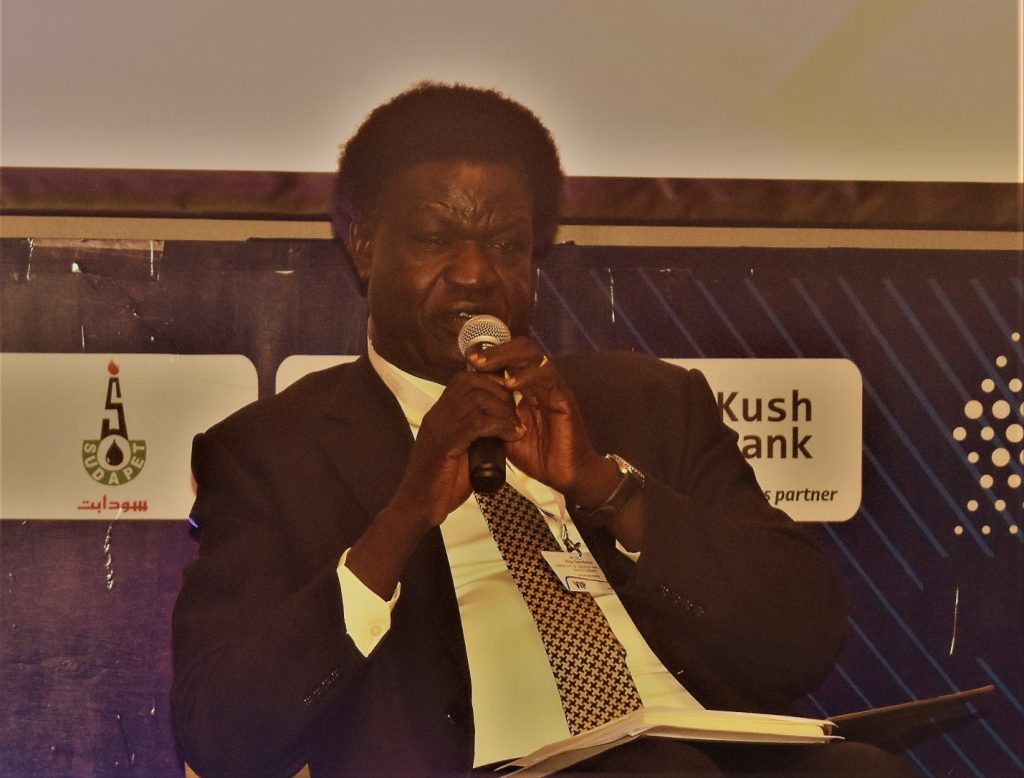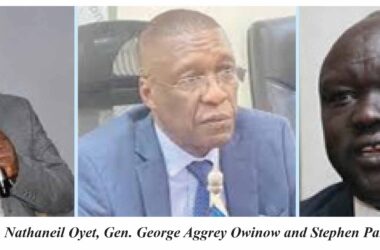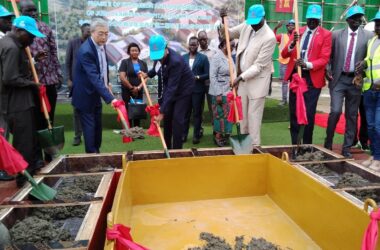
By Bida Elly David
The Undersecretary in the Ministry of Energy and Dams has revealed that South Sudan is ranked the least Country in Africa and the world with the rate of one percent (1%) of the total population having access to electricity and suggested development of more power plants to mitigate the challenge.
He disclosed this during the second day of the gas and power conference which kicked off on Wednesday to deliberate on the various challenges that impede the availability of power and how these challenges could be addressed amicably.
Speaking during the event, Tom Remis, the Undersecretary in the Ministry of Energy and Dams said the poor position of the Country’s access to electricity has been attributed to the low gross domestic product (GDP) and the poor disposable income that civil servants receive as their salaries.
He said high gross domestic product (GDP) from the national income determined an affirmative possibility for the Country to access good source of electric power to all the population at various levels.
The undersecretary also manifested their commitment to facilitate payment of electric power by consumers on installment for the duration of three to four years to enable availability of power to all citizens.
Remis further pointed out lack of civil electric purchasing power as a result of high cost of power fees charged by private power suppliers without any compromise.
“South Sudan has 1% access to electricity as it appeared in the address of the panel. This attributed to the Gross domestic product (GDP) of each Country. The more you have good GDP, the more the Country will have capability to deep the infrastructure which electricity is one of them,” he said.
“Number two is the per capita which is the personal access. Each person has the capability to have the access to electricity and this depends or is attributed to the personal income, how much each one takes home at the end of the month to put electricity as a priority in the house,” he added.
Remis further stated that his ministry has laid a strategy to mitigate the continuous electric shortage that has affected the entire Country as many families couldn’t access power for their activities.
“Out of that, we are putting strategies and policies on how to rise up this one percent (1%) of the access to electricity in the Country. For anybody to connect or access electricity there must be electricity in the area otherwise what are you going to connect if there is no electricity and the first thing is to make electricity available. To avail that, you have to develop more power plans or generate power plant,” he noted.
The undersecretary at the Energy and Dams ministry however said the ministry was working towards constructing national hydro power plants in Juba or in the oil fields aimed at transmitting power to the whole Country through the availability of transmission line to carry light from the light generation to the targeted areas Countrywide.
He stressed their commitment to facilitate access of power for citizens through installment payment for the duration of four years.
“Now we have electricity in the areas but the cost of connection is very high. Now days those who have the network near them are given a bill by JEDCO power company. The bill is very high since some times can go to two thousand dollars, three thousand dollars and one thousand dollars,” he cited.
“How do we overcome that, the strategy is that we have to facilitate the payment. We have to make the flexibility in such a way that we let the consumers to pay in installment. Very encouraging installment, three to four years which is thirty six or forty eight months so that one can be able to pay for the connection fee,” he underscored.
Remis said in some Countries, the issue of power access is a very big debate. Some Countries make power connection free of charge and that raised the number of consumers who are connected.
“So these are some of the strategies we are putting in place so that power consumers pay the connection fees in installment,” he stated.



